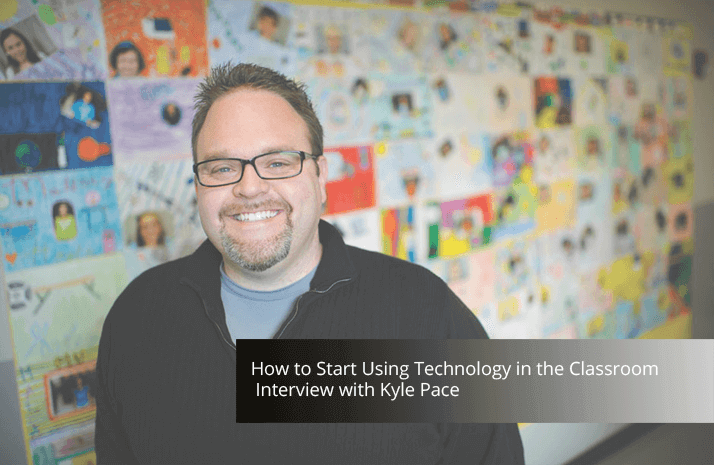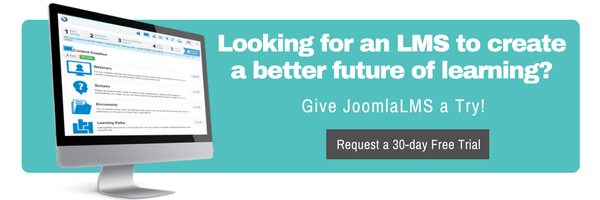Technology integration has become an integral part of a modern curriculum; however, there any still many teachers who don’t want to use technology tools in everyday practice. The reasons start from the unwillingness to give up time-tested techniques to the belief that technology doesn’t bring any value. To help teachers to overcome their concerns and give insights into integrating technology in the classroom we talked to an instructional technology specialist – Kyle Pace.
Technology integration has become an integral part of a modern curriculum; however, there any still many teachers who don’t want to use technology tools in everyday practice. The reasons start from the unwillingness to give up time-tested techniques to the belief that technology doesn’t bring any value. To help teachers to overcome their concerns and give insights into integrating technology in the classroom we talked to an instructional technology specialist – Kyle Pace.
My job is to support teachers in my district with technology integration. I provide professional development in everything from a large group setting to meeting with a teacher one on one. My goal is for teachers to feel confident and comfortable enough with the technology that it becomes interwoven into every day instruction.
Good instructional design is a critical component to providing learning experiences for teachers just as much as it is for students. Your instructional design of how technology is going to be used in your classroom is just as (if not more) important as the technology itself.
We are no longer confined to the 4 walls of a classroom. We can learn from anyone, anywhere, at anytime. The teacher is no longer the provider of all information to students. Teachers must make this shift in their instruction. Students also need the opportunity to develop their ability to participate in connected learning. It needs to be treated like a literacy just like reading and writing.
Teachers must have continual, collaborative support structures in place. It's the only way they are going to feel confident and empowered to try new teaching methods with technology.
Teachers need the time to collaborate with one another and have "sandbox" time to increase comfort level. This is a must. Teachers just want time to try these new tools and ideas out. It should be no different than any other instructional practice we wish for them to improve upon.
The earlier the better. We have kindergarten teachers doing fantastic things exposing their students to coding, creating presentations, and doing research.
Whatever the future of edtech looks like, I hope it gets kids creating more with technology and fosters a curious, inquisitive, mindset that will go with them long after they are done with school.
About the Author:

Kyle Pace is an Instructional Technology Specialist
He has worked with K-12 teachers in his current school district to provide instructional technology professional development since 2004. Kyle is a keynote speaker and presenter at education conferences such as EdTechTeam’s Google Apps for Education Summits, ISTE, METC, ASCD, and individual school districts around North America.
To learn more about Kyle, visit him on his web site: kylepace.com or follow him on Twitter @kylepace
What to read next?
How to Motivate Students Online
How to Overcome Information Overload
The Secret of Building Professional Learning Communities










